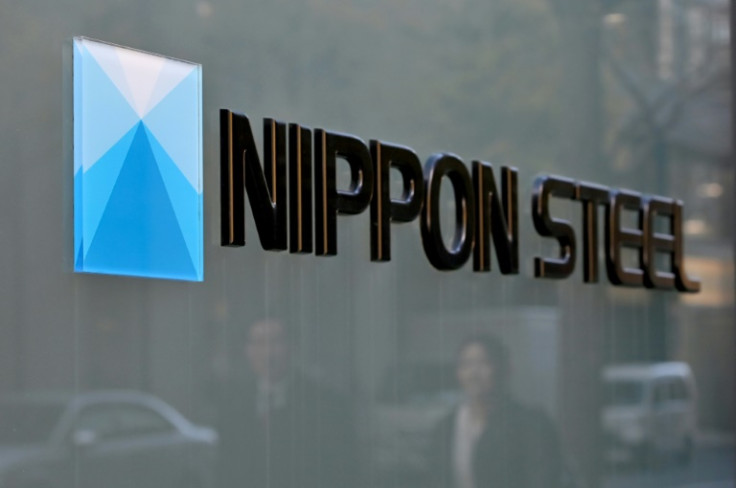
U.S. Steel CEO David Burritt expressed confidence that Nippon Steel's $14.9 billion bid for the company will "close on its merits" despite facing political opposition.
"We strongly believe the deal closes on its merits. It strengthens national security, it strengthens economic security and it strengthens job security," Burritt told CNBC's Money Movers.
Nippon's takeover of U.S. Steel is facing hurdles from both Democrats and Republicans. President Joe Biden and Vice President and Democratic presidential candidate Kamala Harris have vowed that the U.S. Steel will retain its American ownership, while Republican Donald Trump has openly stated he would block the deal.
The United Steel Workers (USW) union also opposes the acquisition of the 123-year-old U.S. Steel by the Japanese company.
The sale is being reviewed by the Committee on Foreign Investment in the United States (CFIUS), a body that evaluates the national security implications of transactions involving foreign entities. Burritt said that he expects the CFIUS to submit a decision after the presidential elections in November.
Burritt said the company "won't be able to succeed without Nippon" and that the deal is necessary to save jobs. As an example, he cited Nippon's commitment to invest $2.7 billion in U.S. Steel's struggling mills. He pointed to the company's "fiduciary obligation to shareholders" when asked why U.S. Steel is not making these investments.
"It's about resource allocation," Burritt said, adding, "They're about three times our size. They also have the best R&D and technology in the industry as it relates to integrated mills. Our priorities would not invest in these because we have to decide where we can get the best returns, because at the end of the day we have a fiduciary obligation to our stockholders."
Earlier this month, the CFIUS sent a letter to Nippon and U.S. Steel, raising concerns that the sale could "lead to a reduction in domestic steel production capacity," impacting steel supply essential for core sectors associated with national security, such as transportation and construction projects.
Dismissing national security concerns, Burritt said once the deal is finalized, the Japanese company will have to abide by U.S. trade laws. He added that the board will predominantly consist of U.S. citizens overseeing operations.
In response to the CFIUS, Nippon had pledged not to transfer any U.S. Steel production capacity or jobs out of the United States and assured that it would not interfere with U.S. Steel's decisions related to trade.
U.S. Steel recently warned that it might shut its Pennsylvania headquarters and factories if the deal is blocked, making Pennsylvania a vital swing state in the upcoming election.




